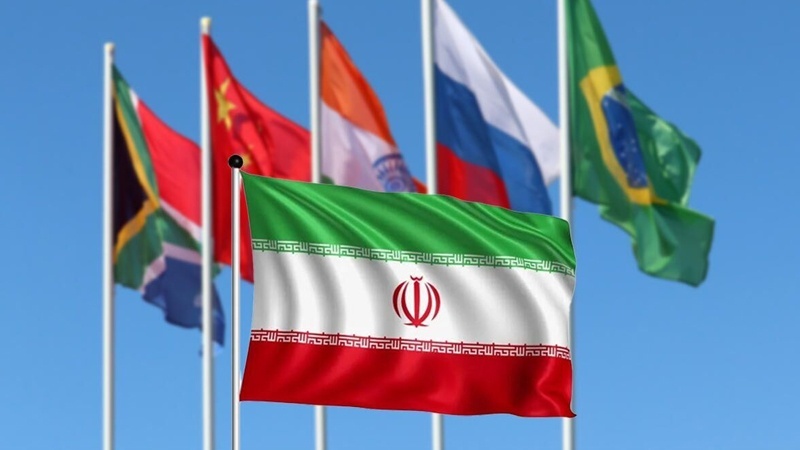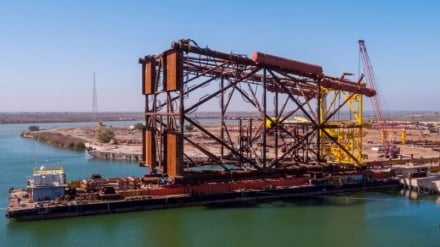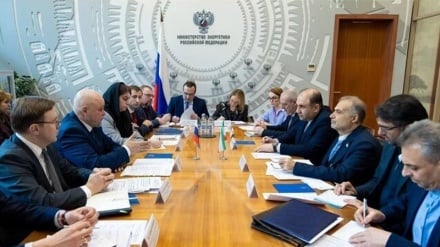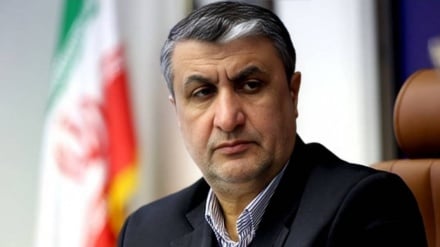Iran-BRICS path to convergence: From technology to culture
-

Iran-BRICS path to convergence: From technology to culture
Pars Today – The President of Iran emphasized the importance of benefitting from the experiences of BRICS member countries for technological development.
As the world moves toward a post-oil economy, Iran’s geopolitical position has once again attracted the attention of emerging powers. Recent government meetings on technology development, expert reports on Iran’s gas corridor, the University of Isfahan’s success at BRICS meetings, and China’s cultural initiative to create a BRICS literature network all highlight that Iran’s convergence with Eastern partners spans a wide spectrum—from economy to culture. This news package provides a look at the latest BRICS developments, detailed below.
Iran’s President emphasizes technological development following BRICS model
Iranian President Masoud Pezeshkian, in a meeting focused on the country’s technological development, highlighted the successful experiences of BRICS member countries, stating: “The Iranian government is fully committed to supporting technological development, and any institution capable of contributing will be mobilized.”
He stressed that the government’s strategy is to leverage technological advancements as the main framework for policymaking. The meeting emphasized the need to prioritize strategic technologies, support the private sector in creating major tech companies, draw on global experience in artificial intelligence, biotechnology, and nanotechnology, and maintain a special focus on technology diplomacy.
Opportunity to neutralize energy sanctions
Alongside technological discussions, energy and Iran’s role in the global gas network remain among the country’s most critical issues. Experts believe that as an active BRICS member with the world’s second-largest gas reserves, Iran holds a unique position to become a regional gas hub. By receiving gas from Russia and Central Asia and utilizing it in the northern regions of the country, Iran can, in turn, increase exports from southern gas fields to target markets such as India and Pakistan.
This East-West and North-South gas corridor not only neutralizes U.S. sanctions but also creates opportunities for revenue generation through energy swap and transit routes. Analysts believe that directly connecting Iran to the gas networks of Russia and India will deprive the West of using energy sanctions as a tool against Iran. This mutual interdependence will strengthen Tehran’s position in energy geopolitics and make the country one of the key pillars of both BRICS and the Shanghai Cooperation Organization.
Iran’s scientific achievement: University of Isfahan shines at BRICS
The University of Isfahan’s participation in the 10th International BRICS Young Scientists Meeting in Brazil marks a significant achievement for Iran. At the event, Reza Zakerinejad, a faculty member at the university, presented a paper on “Soil Erosion under Climate Change Using Remote Sensing Data”, which received widespread acclaim.
Representatives from the University of Isfahan also met with scientific officials from Brazil and other countries, proposing the creation of a “Land Degradation Scientific Task Force” within the BRICS framework—a proposal that drew attention and could pave the way for broader scientific collaborations.
Cultural diplomacy: China launches BRICS literature network
China’s initiative to establish a “BRICS Writers’ Union” or “BRICS Literature Network” reflects the bloc’s effort to expand soft-power convergence. The network aims to bring together writers and publishers from member countries and, through the creation of a BRICS Literary Award, recognize works that reflect shared values and traditions.
Iranian representatives have also been active in this process. Masoud Ahmadvand, Iran’s cultural attaché, was selected as a jury member for the first BRICS Literary Award. This initiative not only enhances Iran’s cultural diplomacy but also provides an opportunity to showcase Iranian literature and arts on the international stage.
Iran on Eastern Bloc path
A review of recent developments shows that Iran’s presence in emerging organizations such as BRICS and the Shanghai Cooperation Organization extends beyond the economic sphere, encompassing technology, energy, science, and culture. From government efforts to employ technological experiences and major gas projects to academic achievements and literary initiatives, all indicate the growing role Iran can play in the emerging global order.
Despite ongoing U.S. pressures and economic challenges, the mutual dependence of emerging powers on Iran provides a unique opportunity to redefine the country’s regional and global role. It appears that Iran is becoming one of the key players in the Eastern bloc, a bloc capable of shifting the global balance of power.


